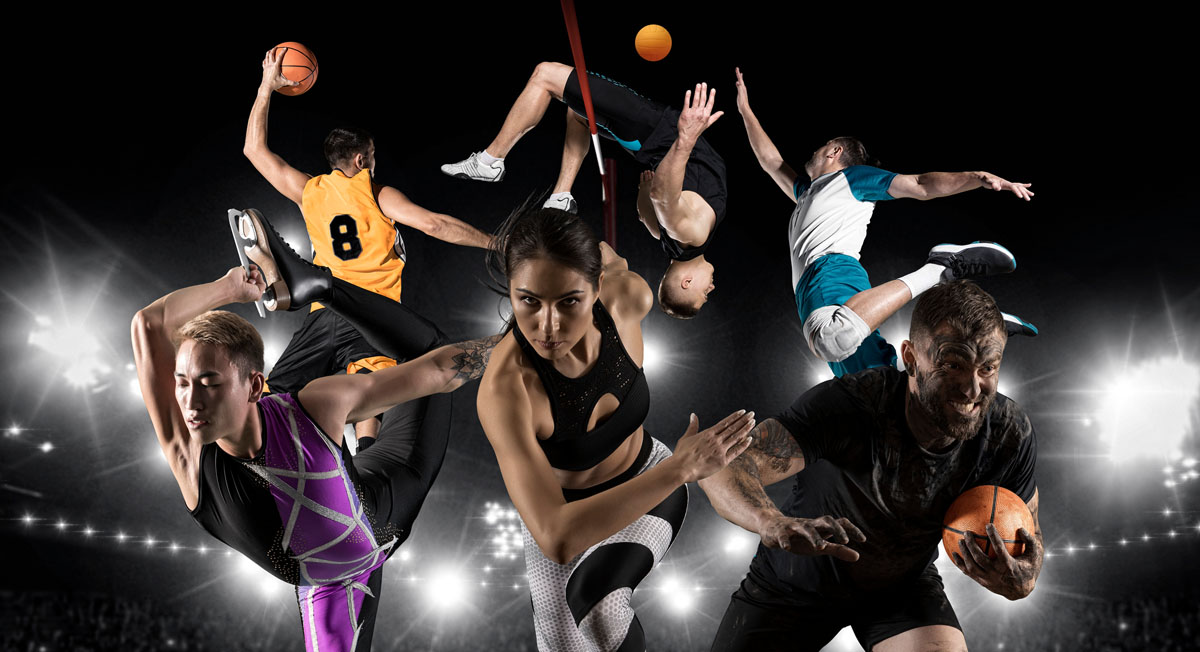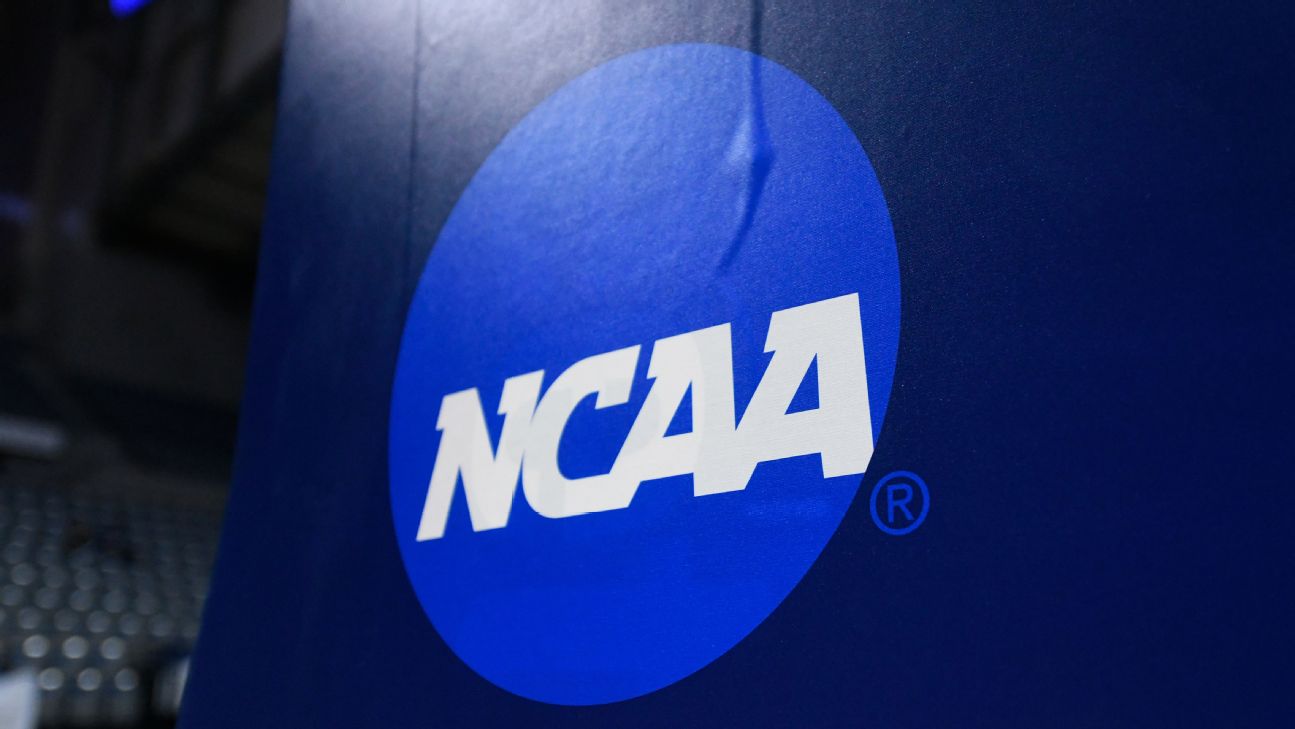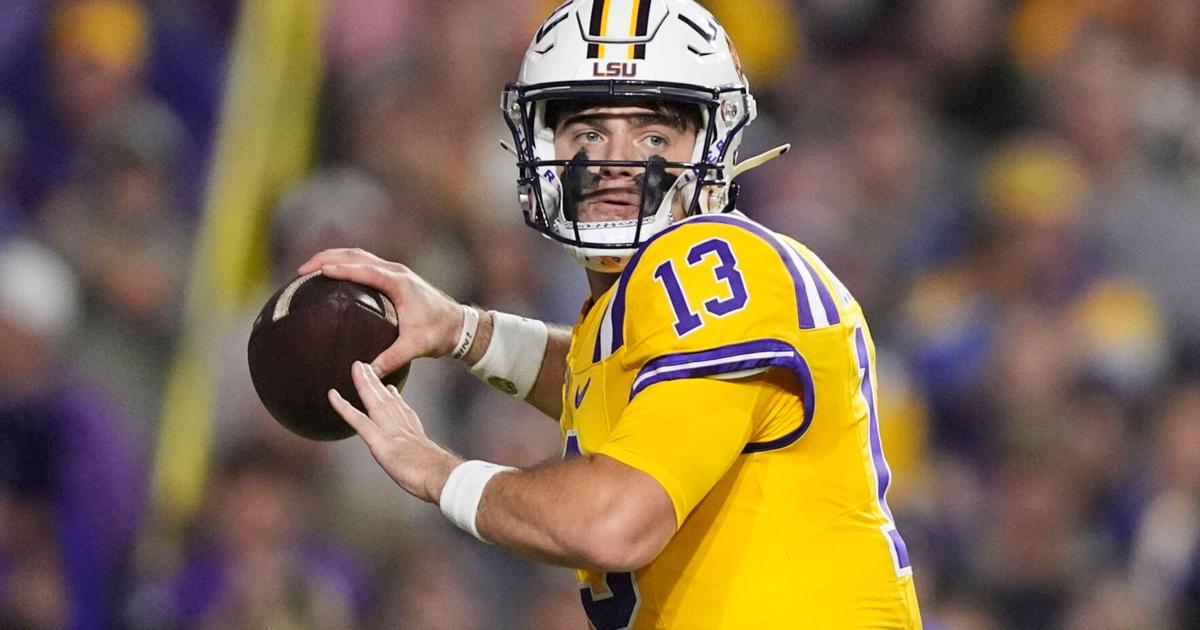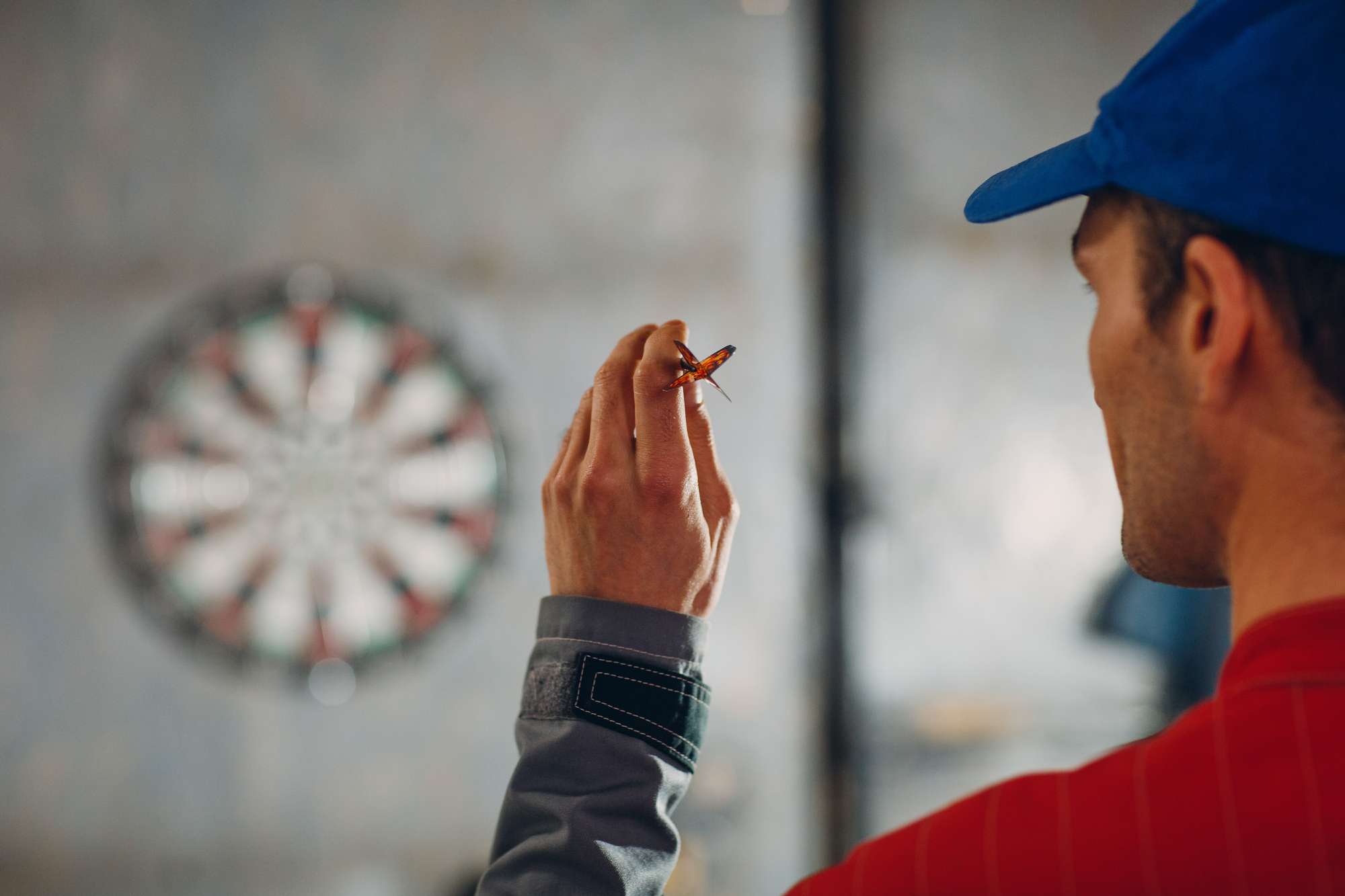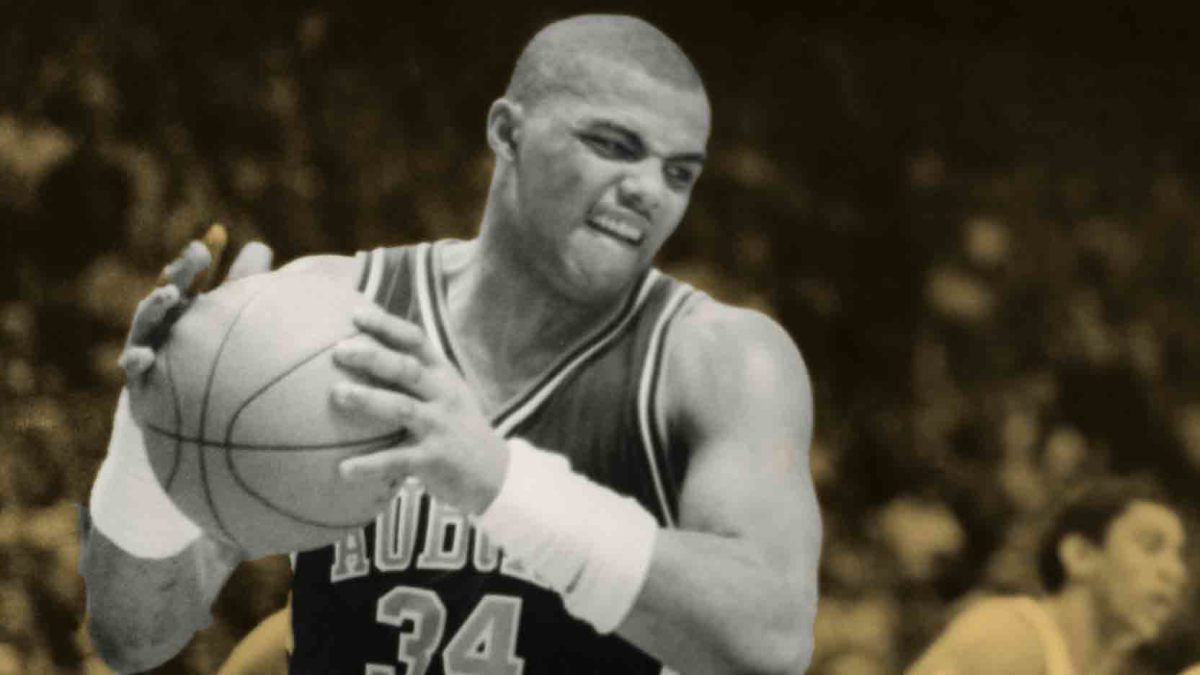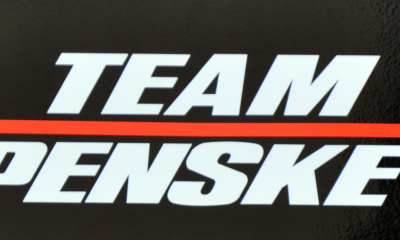

Desert Vista freshman phenom Zaire “Cherri” Hatter navigates the spotlight in Arizona’s new NIL era for high school athletes. (Photo courtesy of Jared Walther/Desert Vista)
PHOENIX – In the evolving world of amateur sports, the three-letter acronym NIL has begun rewriting the rulebook.
Short for name, image and likeness, this concept has opened the door for monetization at all levels of athletics. A financial revolution once seemingly only available for college athletes is now trickling down all the way to the high school level. NIL is making its way into high school gymnasiums and fields with athletes across the U.S. growing their brand before stepping foot on a college campus.
At the center of this shift in Phoenix is Zaire “Cherri” Hatter, a 14-year-old basketball star from Desert Vista High School who has already begun navigating the life of a high-profile athlete. Hatter is a representation of the new world of youth athletics – a world where Hatter can reach new heights while staying true to herself.
It’s terrain University of Arizona basketball player Jada Williams knows well. She was the first female high school basketball players to sign a national NIL deal when she was at La Jolla Country Day School in San Diego and continues to reap the financial benefits from companies including Spalding and Gym Shark.
How we got here
To better understand NIL’s rapid growth, we have to look back to the origin. At the start, collegiate athletes competed for either pride or scholarships. But as collegiate sports evolved into a multi billion-dollar industry over time, the model began to shift.
In 2021, after years of legal battles among athletes and the courts, a landmark Supreme Court decision came in the NCAA vs. Alston case. As a result, the NCAA adjusted its rules to allow athletes to receive compensation through NIL deals.
One level lower, discussions began around NIL and high school athletes. As of 2025, at least 42 states and the District of Columbia allow high school athletes to profit from NIL.
Jon Kappes, an associate research professor at Arizona State’s Sandra Day O’Connor College of Law who recently hosted an event about NIL for young athletes, spoke to this and some of the risks that deals can pose in states where NIL is not permitted.
“I am aware that different states have been slower to change the high school policies, which have in some instances said high school students can lose eligibility,” Kappes said.
The Arizona Interscholastic Association officially approved NIL activity for high school students, allowing students the ability to profit under strict guidelines. Arizona’s high school students are prohibited from wearing school uniforms or logos or have any affiliation to the school in any NIL activities.
“It has added another layer of support and education we need to make sure we address these student-athletes, we have to make sure they are aware of the AIA bylaws,” said Jared Walther, the assistant principal of activities at Desert Vista. “We educate our coaches with the bylaws and help them navigate it with the kids.”
The support system

Already drawing Division I attention, Desert Vista freshman Zaire “Cherri” Hatter is growing into one of Arizona’s most marketable young athletes. (Photo courtesy of Jared Walther/Desert Vista)
Hatter’s emergence as one of the top high school athletes, and the top girls state basketball athlete in the class of 2028 has placed the freshman guard at the forefront of the Arizona NIL youth movement. Hatter is already in line for NIL opportunities while also fielding Division I offers from programs like Alabama and Maryland. She recalled her excitement when she received that first offer.
“It was exciting, because it confirms that my hard work has paid off so far,” Hatter said. “I definitely still have a lot of work to keep getting better.”
While she enjoys the spotlight at a young age, Hatter is fully aware of the responsibility that comes with being a high-level athlete. The pressure of living up to the hype comes with its own challenges, but she keeps her mind focused.
“I still have three years left of high school, I am making sure I continue to get better each day,” Hatter said.
Maintaining a positive mindset on and off the court at times can be tricky and hard to manage for young athletes. Having her mother by her side has been one of the keys in her success so far.
With her mother working as an equipment manager for the Desert Vista team, the long afternoon sessions that extend into the evenings become easier with her mother’s sacrifices.
“It is a big time commitment, but I enjoy the process of juggling school, and basketball,” Hatter said.
Another piece of the puzzle is Desert Vista coach Erin O’Bryan, a former university of Arizona women’s basketball player, who understands Hatter is rare and provides guidance based on her own experiences.
“Cherri’s work ethic is unmatched, she puts in hours upon hours in the weight room, on the court, and in the training room. She is dedicated to becoming the best player she can,” O’Bryan said. “Cherri has a very high ceiling, and she has high expectations for herself. She could end up being the most highly sought after player in Arizona.”
The praise is consistent among all coaches, friends and family, but the admiration does not change Hatter’s personality. O’Bryan mentioned that the era of NIL has not changed any team dynamics.
Hatter’s acknowledgment extends beyond just the court for Walther, who sees how well she handles the pressure at her age.
“For being only a freshman and having these expectations placed on her, she has gone with the flow and not let any of it disrupt her usual day to day life,” Walther said. “She continues to do well in the classroom even with her basketball responsibilities.”
Beyond the court
The pressure of NIL reaches beyond just the financial aspects and collegiate recruitments – they also influence mental health. The feeling of starting early and standing out can at times train kids to not only train to like professionals but seemingly market themselves like that as well.

Desert Vista freshman Zaire “Cherri” Hatter balances books, basketball and brands as the top Arizona girls basketball recruit in her class. (Photo courtesy of Jared Walther/Desert Vista)
Lindsey Markwell, a lecturer at Arizona State University in the Movement Sciences Programs with expertise in sport psychology and mental performance, echoes those concerns.
“When sport becomes the only thing a youth athlete does or the only thing others talk to them about it can lead to single-performance based identity,” Markwell said. “Their self-worth becomes tied to how well they perform.”
In most cases, especially in Arizona, sports such as basketball are year-round due to school commitments and club or team commitments resulting in a situation where most do not get that break or that “offseason” away.
In Hatter’s case, it is vital to her success to have a strong environment surrounding her to ensure the road trips or the early practices are possible, and the enjoyment of being a kid isn’t lost.
Luckily for Hatter that is exactly what she has from her mom by her side, to her sister, to all coaches and teachers, everyone in Hatter life is there to support her and see her grow not just as an athlete but as a person.
While the mental load for anyone at this age let alone a teenager is quite a lot, it is simply hard to put NIL or competitive sports at fault. For all athletes alike, positive mental health outcomes will always be possible when someone such as Hatter has the ability to be heard and feel valued past how they play on a given day.
“When supported well, early commitment can build resilience, discipline, and confidence,” Markwell said. “Balance, autonomy, and having a voice in their schedule makes all the difference.”
For Desert Vista girls basketball the show is not all just about Hatter instead she is the beacon that shines brightest for the team and inspires each person to give it their best. Ultimately, by serving as leader on the court, Hatter’s passion and love for the game echoes across the locker room and classroom.
“Cherri gives our team confidence, she is reliable and plays well every time she steps on the court,” O’Bryan said. “She upholds the culture of toughness and winning.”
A quick comparison
As the spotlight continues to grow on young athletes such as Hatter, it is brought to question that what we’re witnessing isn’t entirely new – it just looks different. NIL, with the branding and pressure to perform mirrors some of the experience of the youth entertainment culture of child stars in Hollywood.
“In terms of an age threshold, what comes to my mind is that this context of athletics and sports is not that different from young actors,” Kappes said. “ So you’ve got child actors that are toddlers, that are babies, nine months old, two years old.”
Like child actors, NIL athletes tend to be thrusted into adult conversations and spaces while still developing as a person mentally and emotionally. In a lot of situations they are learning to market themselves and perform under pressure before they can even legally drive a car.
“Athletes are branding themselves at 14 or 15, constantly curating how they’re seen,” Markwell said. “That pressure to always perform – both in real life and online – is a lot for anyone, let alone a teenager.”
Though unlike child stars in Hollywood, students like Hatter are expected to attend school, take tests and homework like everyone else and in some situations to a higher degree.
When hearing from people close to her though, this is exactly what makes Hatter special — managing both lives – as a freshmen student and a high profile athlete. She is able to thrive as a person in the classroom and on the court.
A new era
The NIL era has unlocked untapped doors for young athletes to offer opportunities to profit from not only themselves but their passions. As time moves on, expectation starts to grow and the pressure to perform is more than just sport.
“The first thing for a young person to look at: Do they want to be engaged in sanctioned high school athletics, or do they not,” Kappes said.
Luckily for Hatter the decision is easy as becoming the best player she can be is a simple mindset that continues to take her places. Hatter is not just navigating NIL – she is acting as a pioneer in a world that is still unknown and fresh – serving as a representation of young athletes to come.
5

